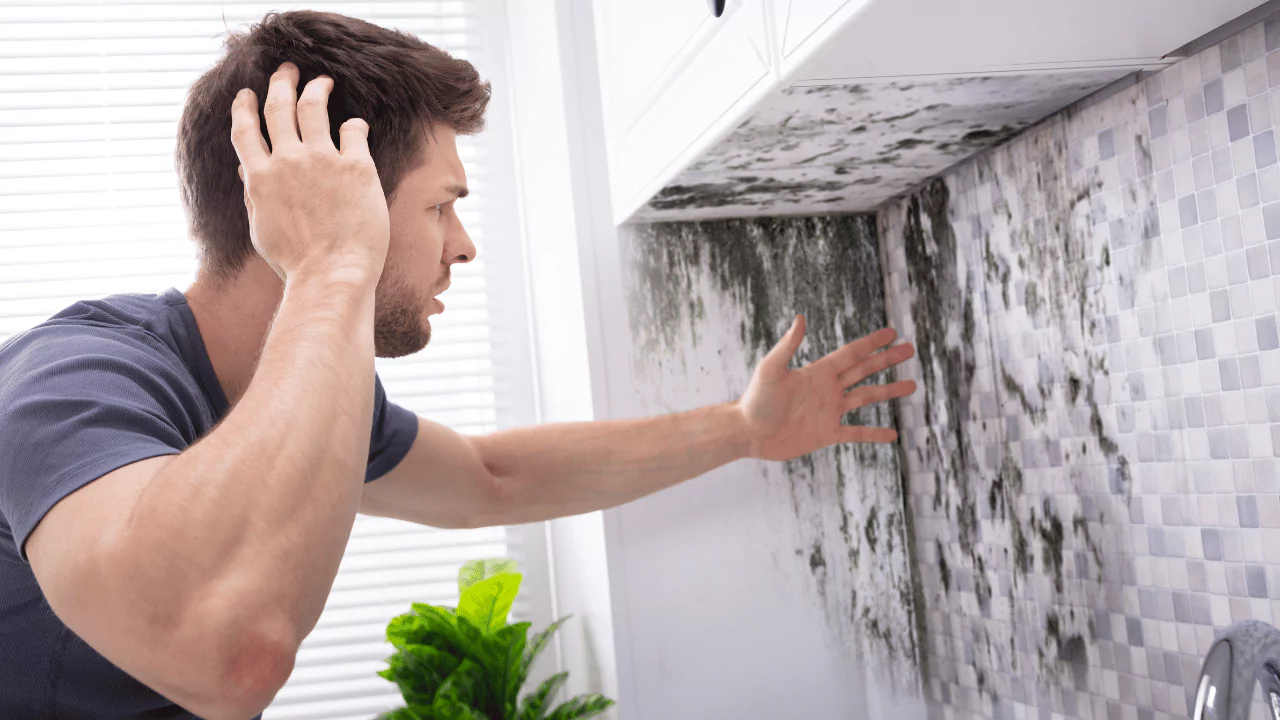Yes, but with limitations. Home insurance policies typically cover mold damage only if it results from a covered peril, such as sudden and accidental water damage from a burst pipe or a roof leak. However, many factors can determine whether your insurance covers mold damage, and exclusions apply in several situations.
Understanding Mold Coverage in Home Insurance
Covered Perils Causing Mold:
- Water damage: This is the most common cause of mold growth and is usually covered by home insurance. Examples include leaks from roofs, plumbing, appliances, or the ground.
- Fire damage: Mold can also grow after a fire, and its removal is typically covered by homeowners insurance.
- Natural disasters: If a storm, hurricane, or other natural disaster causes water damage that leads to mold growth, your insurance may cover the remediation.
Exclusions to Mold Coverage:
- Neglect or lack of maintenance: Mold damage caused by neglecting home repairs or failing to maintain proper ventilation is not covered by standard homeowners insurance.
- Gradual or pre-existing mold: If the mold growth existed before the covered peril occurred, your insurance will likely deny the claim.
- Specific types of mold: Some insurance policies may exclude coverage for certain types of mold, especially those considered highly toxic.
Filing a Home Insurance Claim for Mold
If you suspect mold damage in your home, follow these steps to file a claim:
- Document the damage: Take photos and videos of the affected area and any visible mold growth. Keep copies of all documentation for your records.
- Contact your insurance provider: Notify your insurance company about the mold damage as soon as possible. They will guide you through the claims process and provide specific instructions.
- Claims adjuster inspection: An adjuster will visit your home to inspect the damage, assess the cause of the mold, and determine if it’s covered under your policy.
- Cleaning the affected area: If your claim is approved, your insurance company will likely cover the cost of professional mold removal.
- Preventing future damage: Once the mold is removed, take steps to prevent future growth, such as addressing the source of moisture and improving ventilation.
Alternatives for Mold Coverage
If your standard homeowner’s insurance doesn’t cover mold damage, or if you want additional protection, consider these options:
- Supplemental Home Insurance: Some insurance companies offer add-on coverage for mold specifically. This can provide additional peace of mind and ensure you’re covered if you encounter unexpected mold issues.
- Stand-alone Mold Insurance: This type of insurance is specifically designed to cover mold damage and its removal. It can be a good option if your homeowner’s insurance excludes mold or if you live in an area prone to moisture problems.
Thoroughly examining your homeowner’s insurance policy is essential in order to comprehend the extent of your coverage for mold damage. For any inquiries or uncertainties, reach out to your insurance provider to obtain further elucidation. It is crucial to recognize and act promptly in order to minimize damage and ensure that your claim is processed efficiently.





